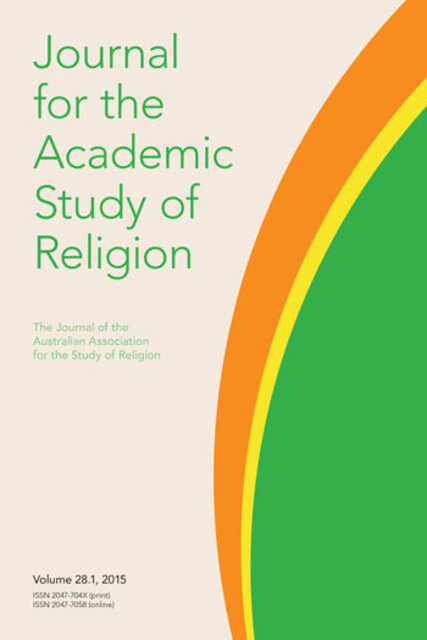A Psychological Approach to Zoroastrian Cosmogony: Donald Kalsched’s Theory on the Traumatized Soul in the Battle of Ohrmazd and Ahriman

Full description
Creation stories at times intertwine cosmogonic narratives of both creation and destruction, grounding the human psyche in its origins and providing cultural or faith-based meaning to the workings of the universe. The Zoroastrian creation story stands out with its unique dance between opposites, reflecting the stark dualities in Zoroaster’s teachings. Noteworthy is the place of ‘evil’ as Ahriman, the Zoroastrian evil twin of the truthful God Ohrmazd, is not only destructive but becomes the catalyst for the transfiguration and regeneration of earthly life. This article explores a new perspective on this cosmic drama by drawing on the insights from analytical psychology (psychoanalysis C. G. Jung) and its symbolic and introverted approach to ancient mythology. The work of Donald Kalsched, a contemporary Jungian author and clinician, offers a compelling psychological lens for interpreting these archetypal dichotomies that have captivated humanity for millennia through integrating recent studies on trauma and developmental psychology.
- typeImage
- created on
- file formatjpg
- file size24 KB
- container titleJournal for the Academic Study of Religion
- creatorFarânak Mirjalili
- issn2047-7058 (online)
- issue37.1
- publisherEquinox Publishing Ltd., 2021
- publisher placeSheffield, United Kingdom
- rights holderEquinox Publishing Ltd.
- volume
- doi
We use cookies to analyze our traffic. Please decide if you are willing to accept cookies from our website. You can change this setting anytime in Privacy Settings.
